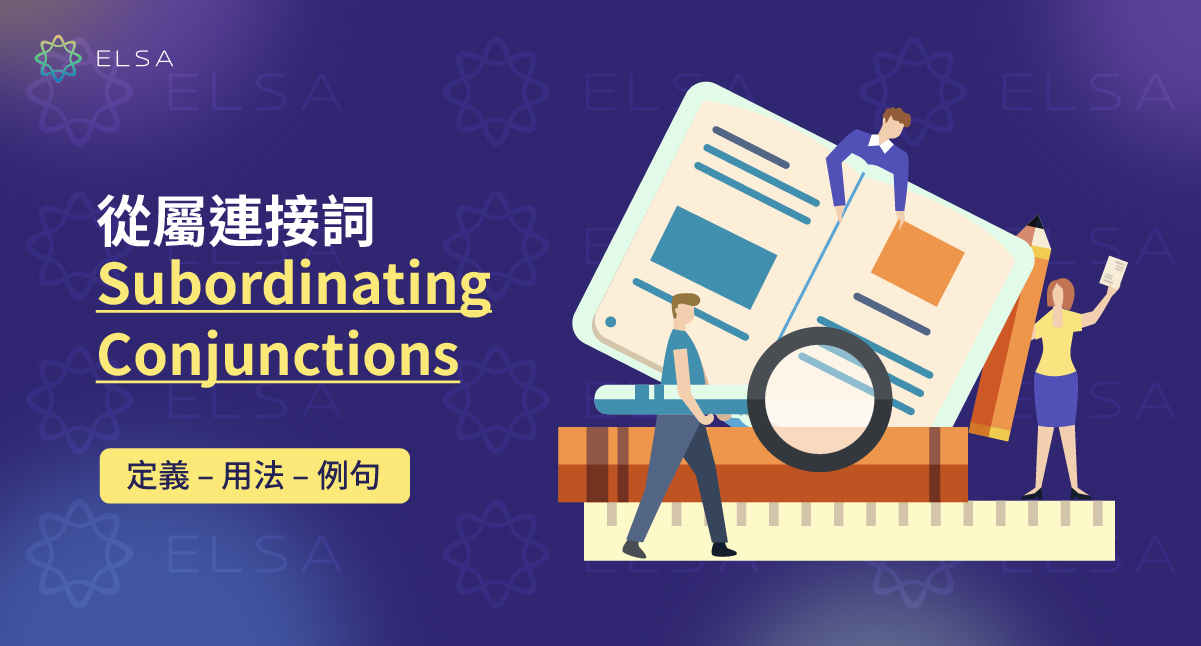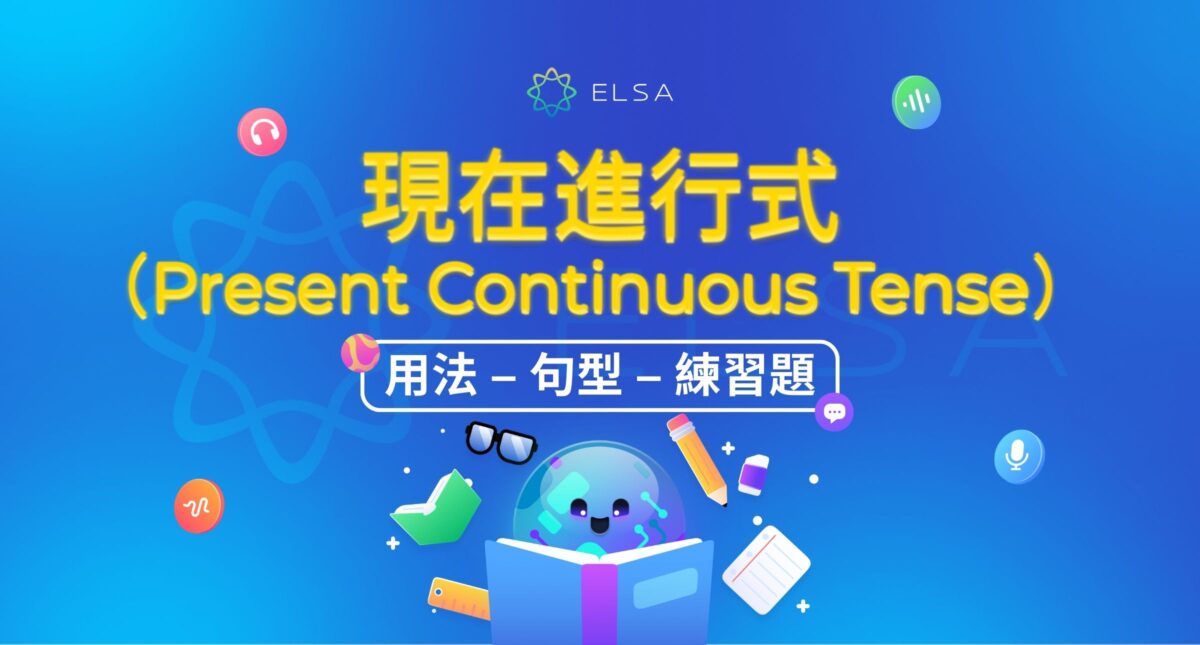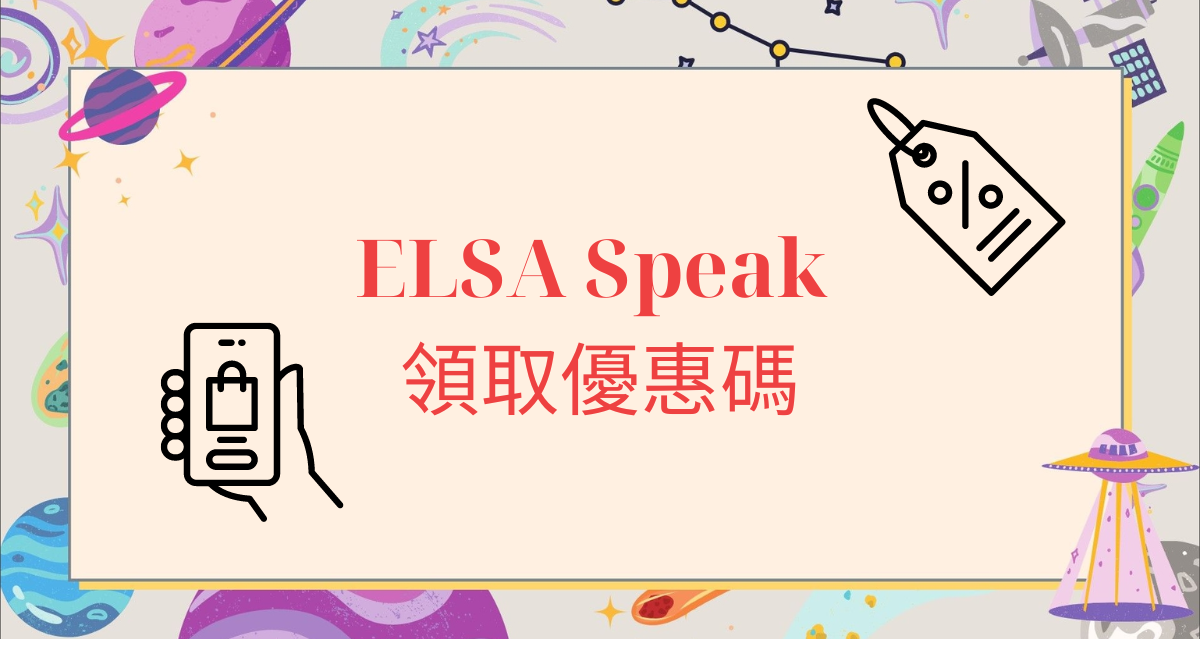Used to 構造在日常英文交流中非常常用。讓 ELSA Speak 幫你更清楚地了解其含義、用法(尤其是get used to用法)和練習示例,幫助你更有效地學習英文吧!
Used to構造

“used to” 構造被用來描述一個曾經發生過但已經結束且現在不再發生的習慣、狀態或事件。這個構造通常帶有比較過去和現在的意思。
公式
| 肯定句 | S + used to + V(inf – 原形) | I used to go to school by bus, now I go by bike. 大致翻譯:以前我坐公車上學,現在我騎摩托車。 解釋:搭公車的行為只發生在過去,現在已經不再這樣了。 |
| 否定句 | S + didn’t use to + V(inf – 原形) | John didn’t use to clean the house everyday when he lived alone. 大致翻譯:John 以前一個人住的時候不常每天打掃房子。 解釋:談論約翰過去的習慣就是他不常每天打掃房子。 |
| 疑問句 | Did + S + use to + V(inf – 原形) | Did he use to come home this late? 大致翻譯:他以前經常像這麼晚回家嗎? 解釋:詢問他過去回家晚的習慣。 |
Used to用法
“used to” 構造常用於描述過去發生過的動作、習慣、狀態或事件,且這些現在已經不再發生。有時 “used to” 還用來強調過去與現實之間的差異。因此,“used to” 通常只用於過去式,特別是過去簡單式。
例如:
- My grandmother used to tell me stories about her youth. (我奶奶曾經給我講過她年輕時的故事)
- I used to love spicy food, but now I can’t handle it. (我曾經喜歡吃辣的食物,但現在已經不能吃了)
學生們需要注意的一點是關於 “used to” 構造的:當句子中有 “did” 時,我們用 “use to”;而當句子中沒有 “did” 時,我們用 “used to”。
>>其他相關英文語法的用法:
Be used to + Ving構造

公式
| 肯定句 | S + be + used to + V_ing/Noun | We are used to the working time at this company. 大致翻譯:我們已經習慣了在這家公司工作的時間。 |
| 否定句 | S + be + not + used to + V_ing/Noun | She was not used to the noise from our radio, so we always had to turn it off when she stayed at home. 大致翻譯:她不習慣我們的收音機噪音,所以她在家的時候我們總是關掉它。 |
| 疑問句 | Be + S + used to + V_ing/Noun | Are you used to getting up at 6 a.m every day? 大致翻譯:你已經習慣每天早上6點起床了嗎? |
Used to + Ving用法
“Be used to” 構造常用於描述某人已經多次做某件事,已經習慣並且對該事物也有了經驗而且不再陌生。
例如:
- They are used to the peaceful atmosphere of the countryside (他們已經習慣了鄉村的寧靜)。
- I am used to the heavy traffic during rush hour (我已經習慣了高峰時段的交通擁堵)。
>>更多英語語法結構:
Get used to + Ving/N構造

注意:“Get” 將根據句子的主語和時態像普通動詞一樣變化。
公式
| 肯定句 | S + get + used to + V_ing/N | She got used to exercising every morning. 大致翻譯:她已經習慣了每天早上運動。 |
| 否定句 | S + 助動詞 + not + used to + V_ing/N | He didn’t get used to eating with a fork, did you? 大致翻譯:他還不習慣用叉子吃飯嗎? |
| 疑問句 | 助動詞 + S + get + used to + V_ing/N | Is he getting used to living his current life? 大致翻譯:他已經習慣現在的生活了嗎? |
get used to用法
get used to用法挺簡單的,常用於描述某人逐漸習慣某事或某個問題的過程。
例如:
- After living in the city for a year, he finally got used to the noise (在城市生活一年後,他最終習慣了噪音)。
- After a few weeks, she got used to the rhythm of the dance (幾個星期後,她已經習慣了舞蹈的節奏)。
>>更多英語文法結構:

使用 used to 時常見的錯誤
在使用英文中的 “used to” 構造時,使用者通常會犯以下幾個錯誤:
- 不使用 “to be”: “Used to” 是 “used to be” 的簡寫,所以不要忘記在 “used to” 後面使用 “to be”。例如:“I used to be a teacher” 而不是 “I used to a teacher”。
- 動詞使用錯誤: “Used to” 只用於原形動詞,不能與其他形式的動詞一起使用,例如帶有 ‘to’ 的原形動詞或帶有‘ing’的原形動詞。例如:“I used to play soccer” 而不是“I used to playing soccer”。
- 時態使用錯誤:“Used to” 只用於過去,不用於未來或現在。例如:“I used to live in New York”而不是 “I am used to living in New York”。
- 在 “used to” 後使用 “will”:“Will” 是未來時態,不能用在 “used to” 後。例如:“I used to go to the gym every day, but now I don’t” 而不是 “I used to go to the gym every day, but now I will not”。
練習示例和答案
練習1:請正確使用 used to, be used to 和 get used to 構造來完成以下練習:
1. Did they … to let you smoke in cinemas?
2. I didn’t … to do much skiing.
3. I hardly ever … to have time for going out.
4. John didn’t … to like Mary when they were teenagers.
5. There … to be a lake here years ago.
6. They … not to let women join this club.
7. We … to walk to school when we were children.
8. We never … to have electricity in our house.
9. When … they …. to live here?
10. Why did you … to use this old photocopier?
答案:
| use | use | used | use | used | used | used | used | did use | use |
練習2:選擇句子構造(使用 used to, get used to, be used to 構造)
1. When Nam started to work here, Nam needed a lot of help, but now Nam is (used to doing/ used to do/ get used to doing) all the work on his own.
2. She (was used to reading/ used to read/ got used to reading) several books a month, but she doesn’t have time anymore.
3. Nam was surprised to see his driving – he (got used to driving/ was used to driving/ didn’t use to drive) when we first met him.
4. Don’t worry, it’s a simple game to play. You (are used to/ will get used to/ used to use) it in no time, I’m sure.
5. When we had to commute to work every day we (used to get up/ used to getting up) very early.
6. We are afraid we will never (get used to living/ used to live/ got used to living) in this place. I simply don’t like it and never will
7. Whenever they came to Coventry they always (used to stay/ got used to staying) in the Central Hotel. They loved it.
8. When Nam was the head of our office everything (got used to be/ used to be/ was used to being) well organized. Now it’s total chaos here.
9. Lan was shocked when he joined our busy company because she (wasn’t used to/ didn’t used to) doing much work every day.
10. At first, the employees didn’t like the new office, but in the end they (got used to/ get used to/ are used to) it.
答案:
| am used to doing | used to read | didn’t use to drive | will get used to | used to get up | get used to living | used to stay | used to be | wasn’t used to | got used to |
練習3:選擇正確答案
1. My mother used to / is used to cook on Sundays.
2. Didn’t you use to swim / swimming?
3. I didn’t use to watch / watching this much TV.
4. You will be used to / used to noisy children soon.
5. Allison used to be / being my best friend.
6. I used to drink / drinking a glass of red wine every day.
7. I was used to seeing / see sunshine in Hawaii.
8. Are you used to eat / eating spicy food?
9. My brother is used to get up / getting up early for school.
10. Did you use / used to eat meat?
答案:
| used to | swim | watch | be used to | be | drink | seeing | eating | getting up | use |
練習4:用正確形式的 used to 或 be/get used to 以及下面的動詞來完成句子和問題
| be/ cycle/ (not) get on/ (not) eat/ sing |
1. My grandma ____________ in a band when she was young. They became quite famous too.
2. When Roberto first moved to Japan, he ____________ the food for a long time. But he likes it now.
3. ____________ (you) or walk to school when you were a teenager, Mum?
4. I ____________ with Jake very well, but now we’re good friends.
5. They inherited a lot of money last year and Debbie and her family ____________ rich now!
答案
| used to sing | didn’t get used to eating | Did you use to cycle | didn’t use to get on | are used to being |
希望通過以上 ELSA Speak 提供的信息,您能夠學會如何使用 used to, be used to 和 get used to用法。此外,為了更好地掌握這些構造,您可以靈活結合各種練習題來提高您的英文水平!更多與英語文法主題相關的文章都會更新在這裏,點進來觀看更多吧!


 2024年/07月/24日 | Linh Chau
2024年/07月/24日 | Linh Chau









